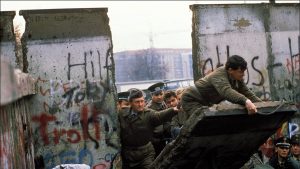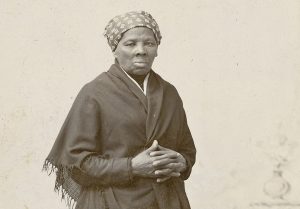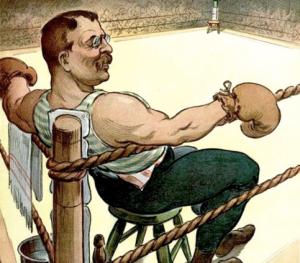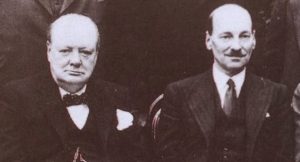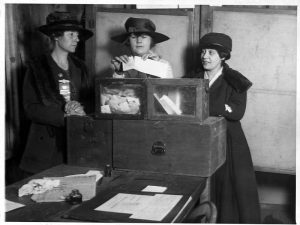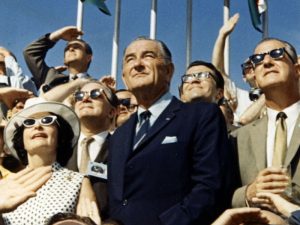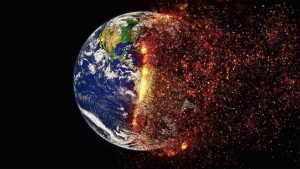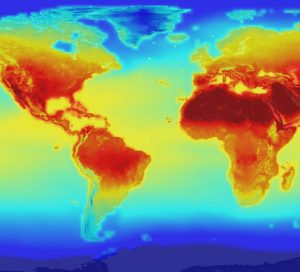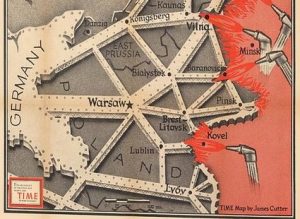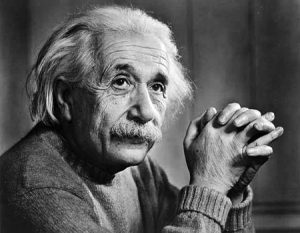Myths
The Berlin Wall
The Berlin Wall seemed to define Cold War tension and opposition in stone. From 1961 to 1989 it divided East Berlin from West Berlin, and was the focal point of potential Soviet vs. US confrontation. But the history of why it was built and how the citizens of Berlin lived with it is rife with…
Read MoreHarriet Tubman, “I freed thousands of slaves. I could have freed thousands more, if they had known they were slaves.” Quote or No Quote?
November 1st sees the release of the long-awaited film, “Harriet,” loosely based on the life and work of the famous abolitionist and civil rights pioneer, Harriet Tubman. Of course, Tubman is best known for her work with the Underground Railroad, the informal but extensive network of guides and safe-houses that helped conduct fugitive Southern slaves…
Read MoreTeddy Roosevelt and American Sports
Professor Ryan Swanson explains the complex history of the relationship between President Theodore Roosevelt and the modernization of American sports culture. We learn about TR’s “tennis cabinet,” his fitness programs, and his role as the “invigorator in chief.” But we also learn about TR’s dislike of the rising professionalization of sports, and about the proper…
Read MoreWinston Churchill: “An empty taxi pulled up and out stepped Clement Attlee” Quote or No Quote?
As many of you know, Lady Buzzkill can’t stand me. Sometimes I can’t blame her, though. Imagine what it must be like watching a history-based movie or TV series with me. I go ballistic at every false historical reference, and start yelling at the TV. Even I admit that it must get annoying. But I…
Read MoreThe “First” Woman to Cast a Vote – Woman Crush Wednesday!
One woman was a scholar, who cast her vote 30 seconds after the polls opened in 1893, in the town of Fielding in New Zealand. One woman was described by her local newspaper as “a gentle white-haired housewife, Quakerish in appearance,” and cast her vote in 1870 in Laramie, Wyoming. One woman was a shop…
Read MoreLBJ and the Space Program
President Kennedy usually gets all the credit for inspiring American to reach for the moon. And President Nixon’s signature is on the ceremonial plaque laid there at the end of the Apollo 11 landing. But President Lyndon Johnson hardly ever gets credit for the American space program. The New Yorker’s Jeffrey Shesol joins us to…
Read MoreClimate Change Science 1900-2000
We continue our discussion with Dr. Andrew Ramey from Carnegie Mellon University about the long history of climate change science. The study of climate change grew rapidly in the 20th century, almost as quickly as climate change itself started to affect the earth dramatically. By the 1970s, however, countervailing forces (including the fossil fuel industry)…
Read MoreClimate Change Science 1750-1900
Climate change is a much older subject than is commonly assumed. As early as 1750, Enlightenment thinkers such as David Hume and Thomas Jefferson analyzed and wrote about the role that human activity played in climate change. French scientist, Joseph Fourier discovered the greenhouse effect in the 1820s. So, the study of climate change did…
Read MorePoland and World War II
Myths about Poland during World War II are everywhere. Professor Philip Nash and I destroy some of the biggest ones in this episode. They include: Polish cavalry going up against Nazi tanks, and the story that Poland fell quickly and easily. Not only that, the overall Polish contribution to Allied victory in Europe is generally…
Read MoreAlbert Einstein: “A Little Knowledge is a Dangerous Thing.” Quote or No Quote?
Ah yes, Albert Einstein. Perhaps number 3 or number 4 on the all time mis-quoted list. No, he didn’t say that thing about the disappearance of bees, and the disappearance of bee pollination being the sign that animal life on the planet, especially humans, was doomed within four years. No, he didn’t say “if the…
Read More
